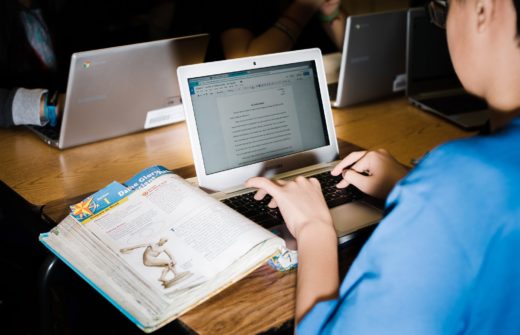Identify the three fundamental pillars of PETaL EMJMD
Here you see can find some information to understand the relevance of the this three fundamental pillars on PETaL EMJMD is based
- ECE
- P&T
- ESLA
- IE
ECE: Early Childhood Education

The course modules are designed to intertwine pedagogical aspects with culture in order to emphasize the importance of culture in the practices of game and play.
The impact of culture on education in general, and on early childhood education and child development in particular, has always been an interesting area for research; however, a programme like PETaL EMJMD that incorporates play, toys, language and intercultural education has not been introduced up to now.
Culture can be defined as the set of beliefs, traditions, values, customs and norms specific to a group of people. Culture is learnt through the socialization process. Socialization is the process by which human beings incorporate the social norms pertaining to a certain culture or cultural group, and it occurs throughout the life course. It is the process whereby societies have structural continuity over time; the values and norms specific to a culture is transmitted from one generation to another and hence endure over time. Socialization connects different generations to one another and even though the members of a society change, cultural characteristics persist over time. This persistence can be well observed in children’s plays and toys, where cultural schemas are learnt and reflected. Through play, children explore and know the rules and symbols of their communities, as well as recreate roles and situations that reflect their sociocultural world. As a result, they learn how to subordinate desires to social rules, cooperate with others willingly, and engage in socially appropriate behaviour. Over time, these competences are transferred to children’s everyday behaviours.
Cultural values are reflected in play and transmitted from one generation to another. Congruent with cultural expectations and their appropriate gender traits; girl plays are often indoor, less physically active and even if physically active, far less rough and tumble; whereas boy plays are often outdoor, more physically active, and often rough and tumble.
With its focus on different cultures, on play with traditional materials, and on supporting child-centred learning, PETaL EMJMD aligns with the Millennium Development Goals, particularly in addressing gender equality and the empowerment of women (Goal no. 3), in encouraging sustainability (Goal no. 7), and working to underpin the achievement of universal primary education (Goal no. 2). It also supports the aims of Horizon 2020, particularly work programme 13. Academic staff working together co-operatively will help to create a more coherent European society, one that respects the commonalities within diverse cultural heritages and backgrounds. Living and studying in different countries enables a much deeper understanding of cultures and people than is experienced through recreational travel and the PETaL EMJMD strengthens such intrinsic learning by offering relevant theoretical frameworks. Needing to use a language promotes fluency and functionality, and the ability to communicate is paramount when seeking to develop a shared identity. Again, the PETaL EMJMD brings aspects of language and culture together in ECE formally to maximise experiential learning. The setting up of a new EMJMD offers opportunities, too, for research into pedagogical practices and the student experience, further relating to the Horizon 2020 objectives.







